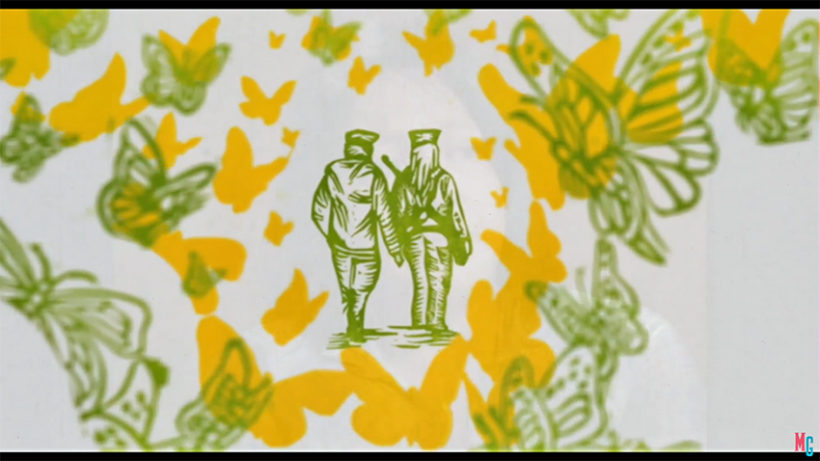Millions of Colombians remember what we were doing on 2 October 2016 at four o’clock in the afternoon. The predictions, the fears and the hope; so many dreams, so many resurrections pending a result.
That afternoon it became clear that the worst handicaps resulting from violence are not physical: it is the soul that must be rehabilitated if we are to embark on the road to reconciliation.
But who makes prostheses for the spirit? How many years, how many deaths, how many vendettas, each more stupid than the next, does it take to reboot Colombia’s hard drive?
It was less difficult to disarm the insurgency in the bush than the bureaucrats at their desks, and in the country of magical realism and deep-rooted fear, on 2 October 2016 a small majority demonstrated their cowardice in the face of peace at the ballot box. It showed that lies are swallowed without thinking, while the truth is arrived at after much breaking into a thousand pieces and being eclipses and fragments, and recognising that we have been victims and victimisers in a war that we all lost.
I am ashamed of the result of 2 October 2016 and I am proud of what students, workers, businessmen, journalists, artists and different architects of life were able to do in the following days to demand “Agreement Now”.
The triumph of the “No” vote was languid, but ill-fated. And if you think I exaggerate, then let the 285 murdered peace signatories, or the 99% of the hectares that have not been handed over to the peasants say so. Let the more than 1,000 social leaders silenced by bullets, the besieged Chocó, the bled Cauca, the beheaded indigenous people say so; let the same old shipwrecked people say so – the poorest, the cannon fodder that never has enough for their daily bread – and let the rivers in which corpses once again float, and the land that could not be cultivated again. Ask if anyone has swallowed the “peace with legality”, that shameless euphemism dedicated to disregarding the legal thing they should have done: comply with the Agreement.
In the midst of the desolation/reaction left by that 2 October 2016, eight filmmakers and 50 peace signatories decided to break the barrier of scepticism and told, wrote, acted and produced a film with five parallel stories, five narratives that denounce the abandonment of the countryside, inequality, discrimination against women, the country fractured by violence, and show difficult loves (because war makes everything difficult, from and even love). Memorias guerrilleras – by the audiovisual collective David Marín and directed and produced by the Colombian Ricardo Coral – speaks of the uncertainty of life and the certainty of death; it premieres on 2 October as a cry for a Yes to peace. A rebellion of the image and the word, against stubbornness and resignation.
Do you know who David Marín was? He was a peace signatory, protagonist and photographer of the film, assassinated in 2019; one more in the list of the 285 dead; one less, in the records of the heartbeats.
For him and for the right to start again; because the No was a shame but not a defeat, and peacebuilding has no reverse side, the appointment with Memorias Guerrilleras is this Saturday on the digital platform designed by an ex-combatant: http://memoriasguerrilleras.indyon.tv/. Let’s meet there. No No, will be stronger than the weariness of violence, and no cowardice, no evil, will overcome the courage of reconciliation.












